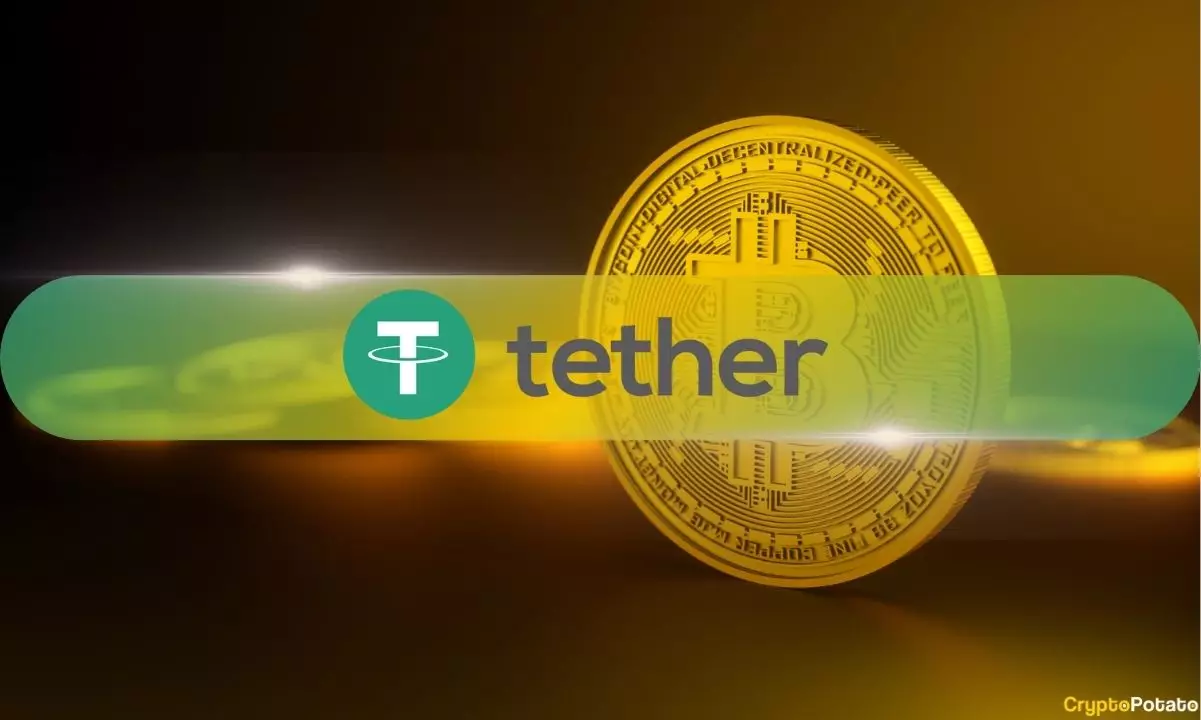In the complex landscape of cryptocurrencies, Tether (USDT) stands as one of the most widely used stablecoins, ostensibly providing a reliable bridge between digital assets and fiat currency. However, recent revelations by Tether’s CEO, Paolo Ardoino, have stirred a significant debate surrounding the issuer’s reserves and existing allegations surrounding its operations. In a recent public appearance in Lugano, Switzerland, Ardoino disclosed that Tether’s reserves comprise an impressive $5.58 billion in Bitcoin (BTC), $3.87 billion in gold, and approximately $100 billion in U.S. Treasury bonds. This information aims to bolster confidence in Tether’s market standing, especially amidst ongoing scrutiny regarding the legitimacy of its backing.
Scrutiny and Investigations
Adding to the tension surrounding Tether is a report by the Wall Street Journal (WSJ), which suggests that the U.S. Attorney’s Office in Manhattan is investigating the stablecoin issuer for potential money laundering violations. This investigation appears to focus on whether Tether has been utilized by external parties for illegal activities, including drug trafficking and financing terrorism. Notably, there are claims that Tether’s operations in specific regions — particularly Venezuela and Russia — could have inadvertently supported sanctioned entities. As the crypto market grapples with rising regulatory pressures, the implications of these investigations pose a threat to Tether’s perception as a stable and trustworthy platform.
In light of these allegations, Ardoino has vociferously defended Tether, calling the WSJ’s claims “unequivocally false.” He stressed that Tether maintains a strong commitment to collaborating with law enforcement to address potential criminal activities, boasting a history of recovering over $109 million tied to wrongful acts. During his statements, he firmly asserted that there is no indication that Tether is under investigation, positioning the company as one that adheres to the highest standards of corporate responsibility. This facet of their narrative is critical, particularly as Tether seeks to assure users and investors of its legitimate operational practices.
Market Cap Concerns
Another layer to this ongoing conversation is the recent concern about whether Tether’s disclosed assets are sufficient to support its staggering market cap of $120 billion. Some critics have raised questions about the ability of Tether’s reserves to fully back the USDT token, especially given the extreme volatility in the cryptocurrency market. Ardoino has attempted to assuage these concerns by emphasizing that Tether’s reserves extend beyond just Bitcoin and gold, highlighting substantial holdings in U.S. Treasury bonds as well.
As Tether navigates these turbulent waters, the implications extend beyond its operations. The scrutiny surrounding Tether is indicative of the broader challenges faced by the cryptocurrency industry, particularly in the realm of regulation and transparency. With financial watchdogs increasingly focused on ensuring compliance and accountability in the crypto space, Tether’s immediate actions and responses to these inquiries will be crucial in defining its future. The dual need for stringent regulatory measures and the protection of innovative financial technologies is a balancing act that will undoubtedly shape the trajectory of cryptocurrencies, with Tether at the center of this unfolding narrative.

